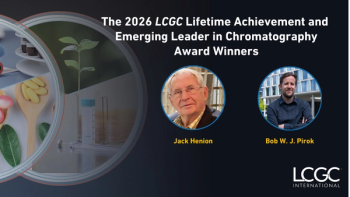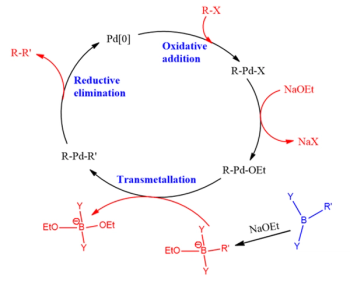
ASMS Tuesday Morning Session: Imaging: Spatially Resolved Omics
This Tuesday morning oral session on the subject of Imaging: Spatially Resolved Omics, will be held from 8:30 to 10:30 am in Room 103. The session, chaired and presided by Kristine Glunde of The Johns Hopkins University School of Medicine, includes six talks addressing a variety of approaches and applications of MS imaging measurement technologies.
This Tuesday morning oral session on the subject of Imaging: Spatially Resolved Omics, will be held from 8:30 to 10:30 am in Room 103. The session, chaired and presided by Kristine Glunde of The Johns Hopkins University School of Medicine, includes six talks addressing a variety of approaches and applications of MS imaging measurement technologies.
At 8:30 am, Marta Sans of the MD Anderson Cancer Center in Houston, Texas, will kick off the session with a talk on combining spatially resolved transcriptomic and lipidomic analyses to investigate malignant progression of intraductal papillary mucinous neoplasms of the pancreas. In this work, MALDI-MS imaging was used to detect a variety of lipid species, small metabolites, fatty acids, lysophospholipids, glycerophospholipids, and sphingolipids in clinical tissue samples.
Next, at 8:50 am, Yuxuan Richard Xie of the University of Illinois at Urbana-Champaign, will discuss multiscale molecular profiling of the brain using deep-learning–enhanced high-resolution mass spectrometry. In this work, MALDI-MS provided imaging capabilities for the spatiochemical architecture of brain tissue, as well as high-throughput molecular characterization of single cells.
Madeline Colley of the Mass Spectrometry Research Center at Vanderbilt University in Nashville, Tennessee, will give a talk at 9:10 am on PASEF imaging mass spectrometry, which provides high spatial resolution for in situ molecular mapping and identification. In her work, a mouse kidney infected with Staphylococcus aureus was studied using imaging mass spectrometry (IMS) at 10 µm spatial resolution to identify and report on key features of interest.
Revealing the wound healing process with three-dimensional (3D) mass spectrometry imaging using infrared matrix-assisted laser desorption ionization (IR-MALDESI) will be addressed next at 9:30 am, by Hongxia Bai of North Carolina State University in Raleigh, North Carolina. For this work, 3D mass spectrometry imaging without the need of cryosection was integrated with proteomics to reveal and study the wound healing process.
In the fifth talk of this session, at 9:50 am, Min Ma of the Roswell Park Comprehensive Cancer Center in Buffalo, New York, will discuss whole-tissue mapping of more than 5000 proteins by micro-scaffold assisted spatial proteomics (MASP). Here, a novel spatially-resolved proteomics MS method using MASP achieved reliable quantitative mapping of over 5000 proteins for whole-tissue samples.
Oliver J. Hale of the University of Birmingham in Birmingham, United Kingdom, will close out the session at 10:10 am with a talk discussing MS imaging and top-down characterization of intact 100 kDa membrane and soluble protein assemblies. The researchers were able to image 100 kDa membrane chemistry and structure for soluble protein assemblies and carried out in situ sample characterization using top-down mass spectrometry.
Newsletter
Join the global community of analytical scientists who trust LCGC for insights on the latest techniques, trends, and expert solutions in chromatography.




